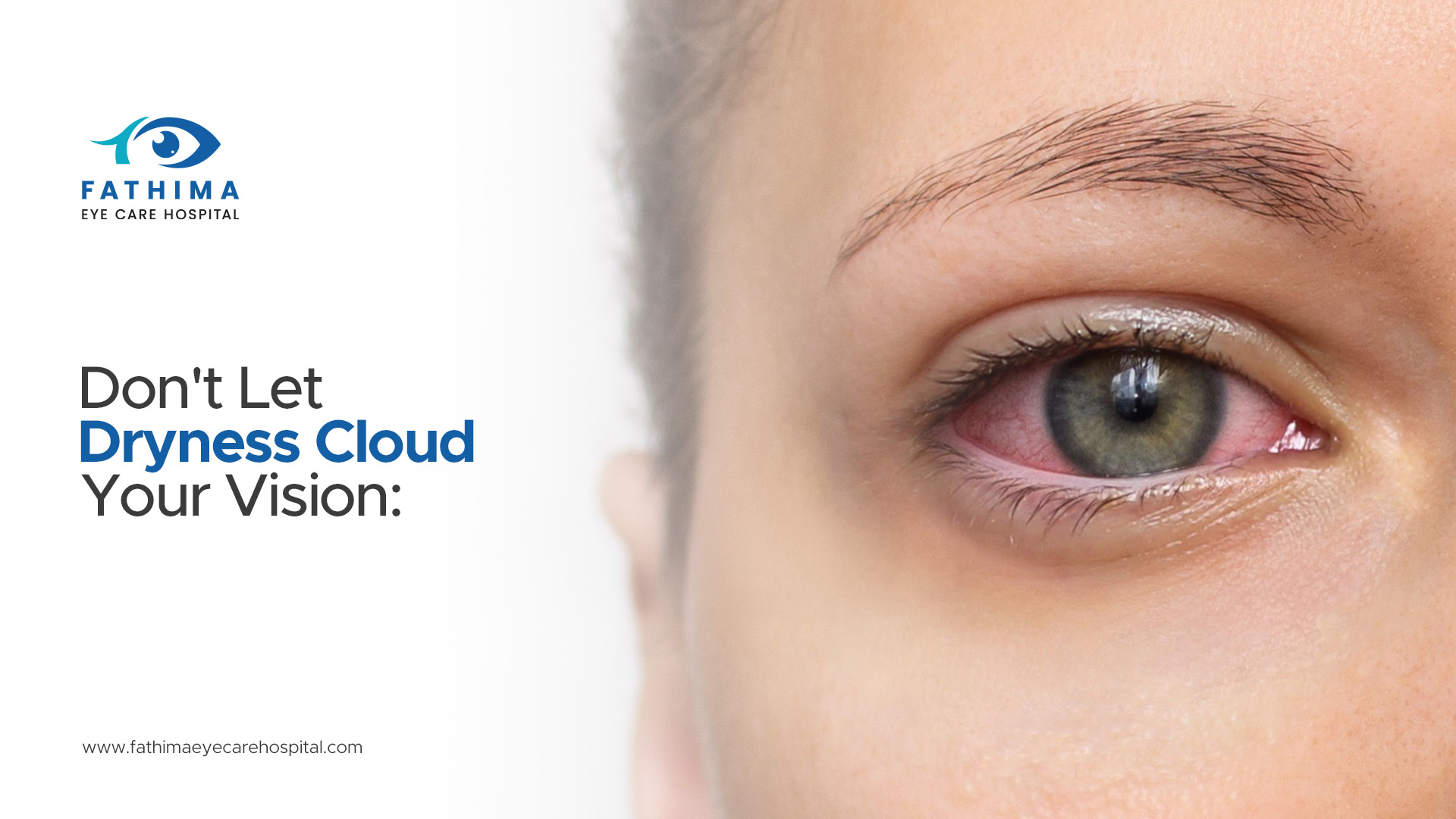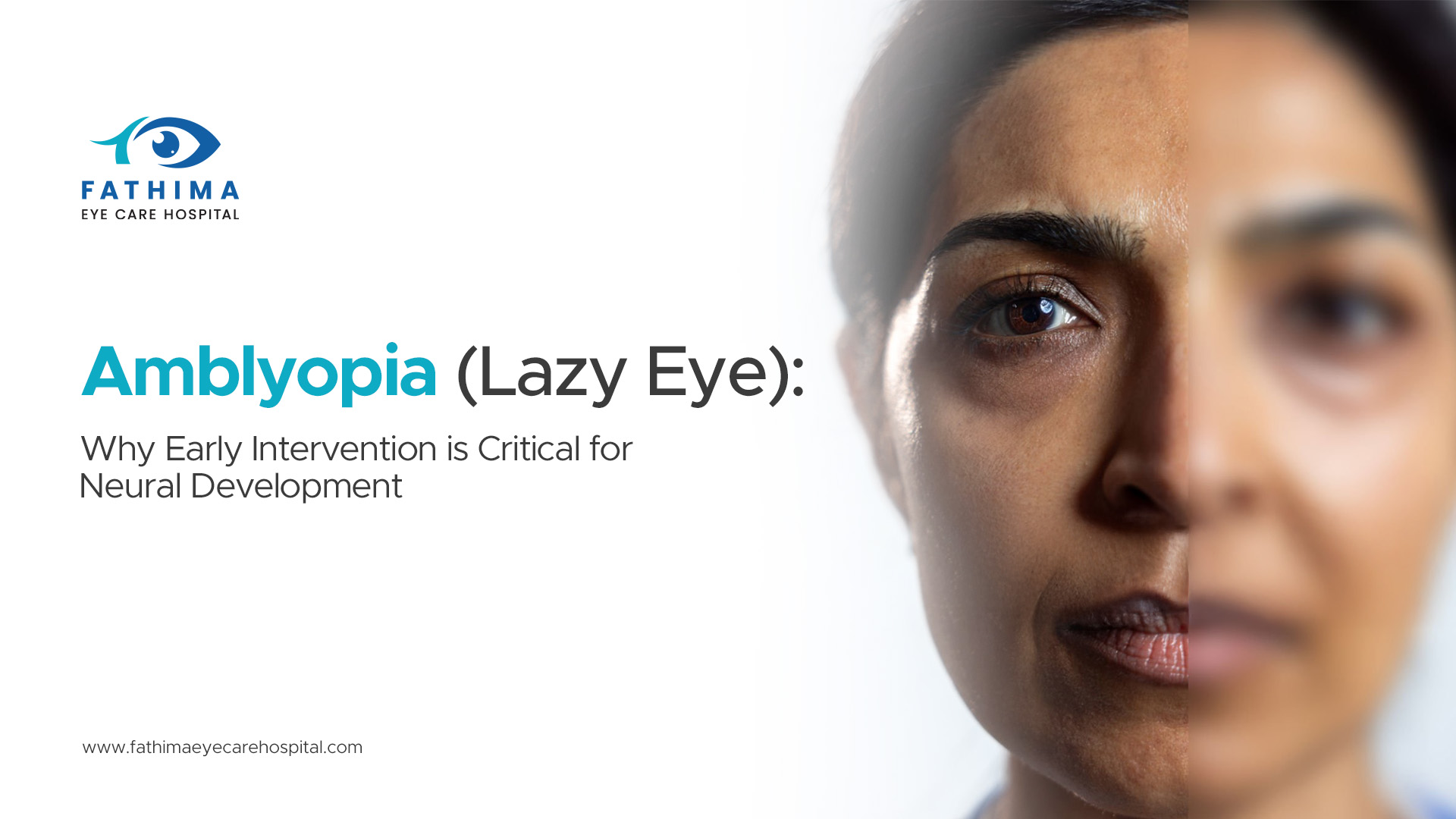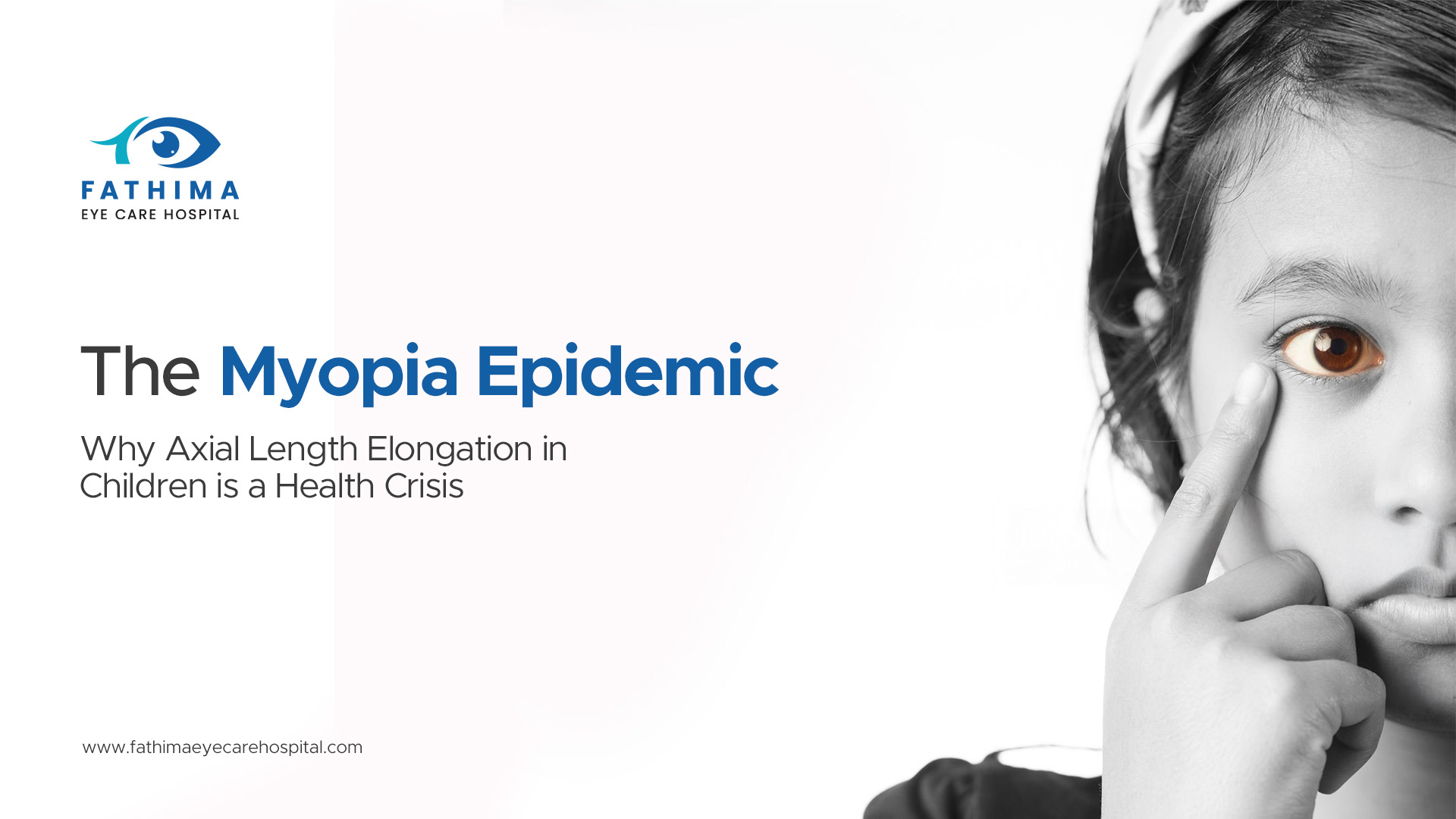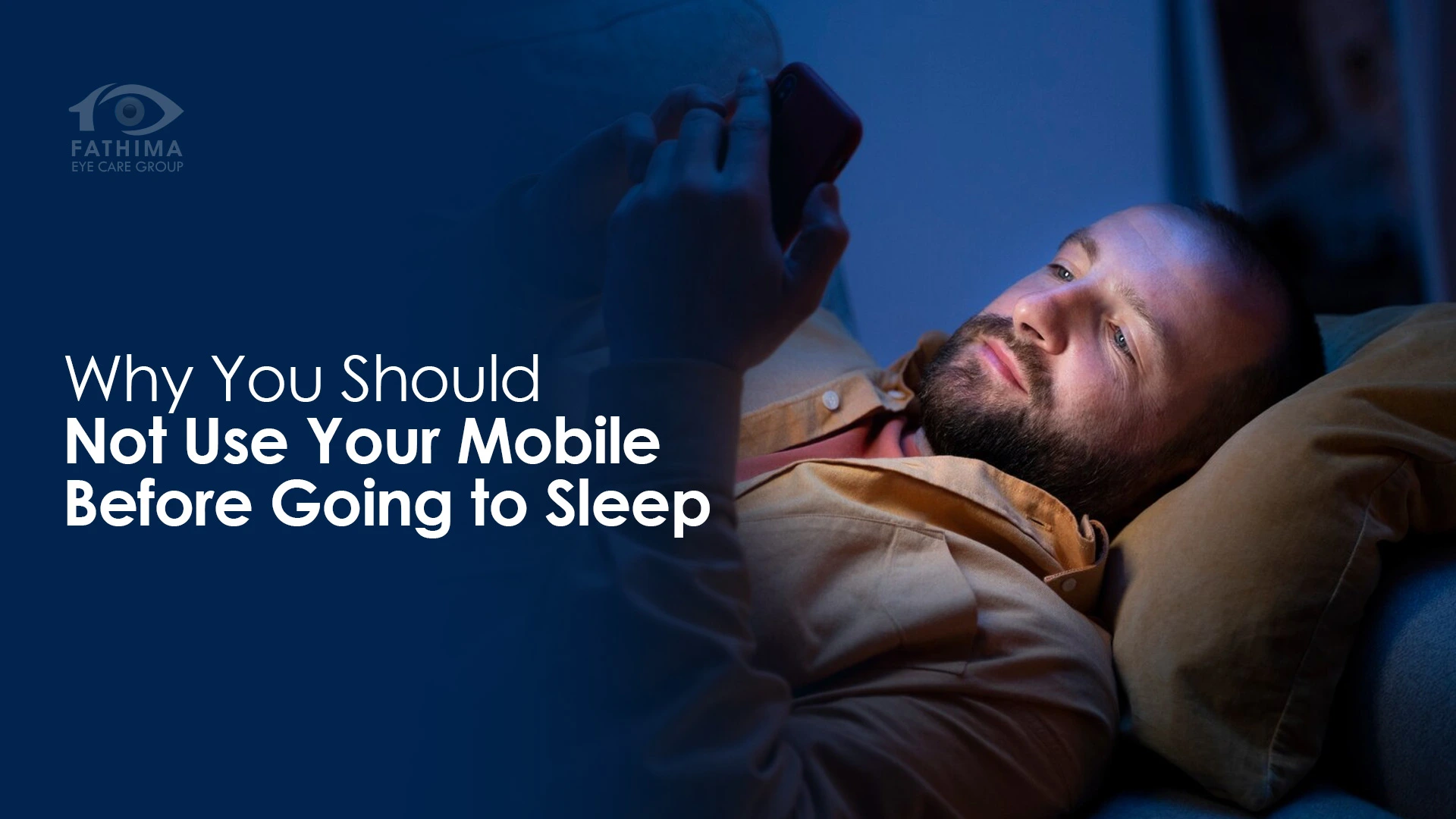

Imagine this: after a long, tiring day, you lay down on the bed to sleep. However, rather than falling asleep, you end up mindlessly scrolling through your smartphone. It can be checking out social media, watching YouTube, or even texting your friends. Is this relatable to you? Many others can relate to this.
The habit of smartphone usage after you hit the bed is a major factor impacting your quality of sleep. The negative effects of mobile use before bed are immense. Prolonged screen exposure disturbs your sleep cycles. A hormone called melatonin is responsible for promoting sleep.
Smartphones emit blue light that hinders melatonin creation, causing delays in falling asleep. Addressing this issue is essential if you’re looking to adopt better sleep habits for phone users. However, it should not be a matter of concern!
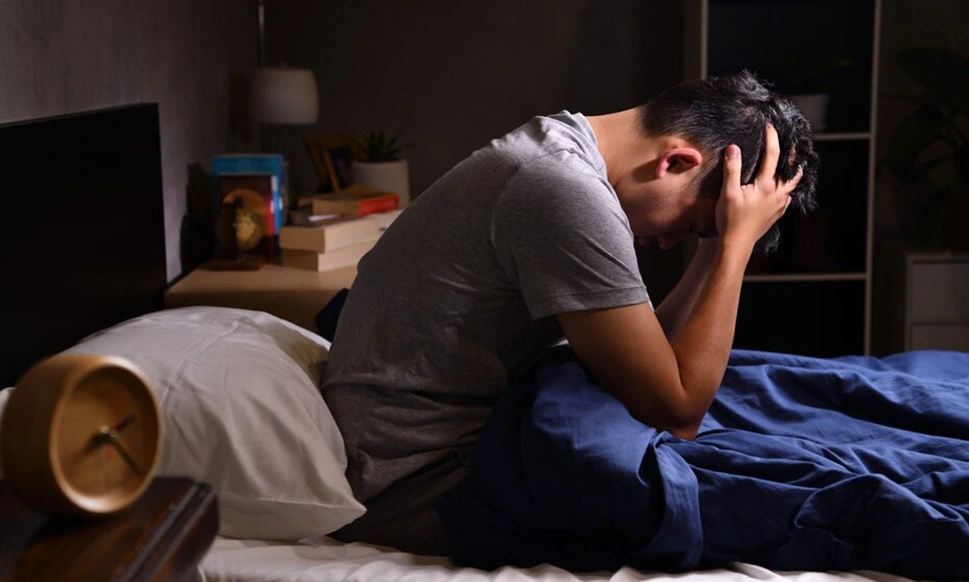
How Mobile Phones Disrupt Sleep
Your body should take the time to relax well before bedtime. Catching up on your friends’ new posts on social media, sending late-night responses to your colleague, or even watching your favourite shows isn’t the last thing you should do before bed. All these activities raise your stress levels in unison. Consequently, your body now produces cortisol, a stress hormone, and not the calming melatonin. Cortisol is released when you experience stress and can help in waking you.
Our electronic devices emit short-wavelength light, resulting in white or blue light. This prevents or slows down the release of melatonin. This lowers the sleep length and sleep disruptions. Your brain could even distinguish day or night by the amount and brightness of light reaching your eyes.
As a result, your brain mistakes night to be day and prevents you from falling asleep. Your sleep is disturbed. Are you wondering what the health risks of mobile use before bed? This irregularity of the body’s biological clock raises your chances for insomnia, type 2 diabetes, depression, cardiovascular diseases, and more. Sound sleeping is also a time when the body eliminates neurotoxins developed during the day. This chemical remains in your brain, making you feel drowsy and badly affecting your memory and focus. Plus, your metabolism will be adversely affected.
Importance of Digital Detox for Better Sleep
Do you want a peaceful sleep and want to wake up refreshed? Then follow these powerful tips to avoid the impact of blue light on sleep:
- Avoid phone use at bedtime at least 30 minutes before you sleep.
- 2-3 hours of exercise can enhance your sleep quality.
- Make sure you go to bed and wake up at the same time.
- Do not go overboard with your tea, coffee, or alcohol.
- Make sure to blink often, particularly during extended screen sessions.
- Practice the 20-20-20 method; after 20 minutes of screen time, look away into anything 20 feet away for a minimum of 20 seconds.
- Refrain from using contact lenses during sleep.
- Eat a light dinner since digestion consumes a great deal of energy, which in turn prevents your ability to sleep.
- Make sure you’re sleeping in a cool, dark, and quiet environment.
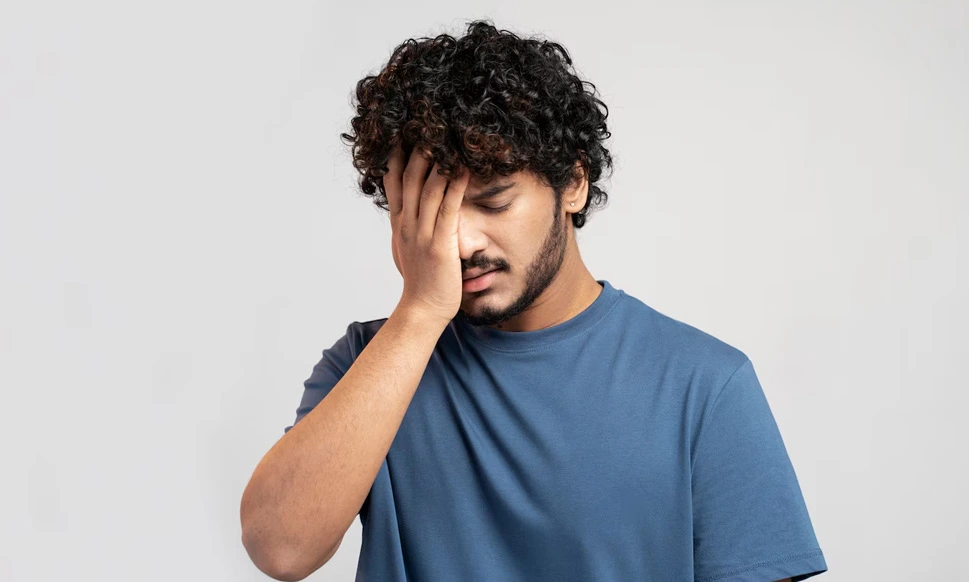
Final Thoughts
Adopting better sleep habits for phone users is a game-changer for sound sleep. From minimising your smartphone use to setting up a stable bedtime practice, a lot of practices work together to enhance your sleep quality. Though practicing these techniques without fail, you will successfully get a good night’s sleep and feel refreshed when you wake up. Keep in mind that your sleep matters the most. By prioritising sleep, you will not just keep illnesses at bay but gain the benefits of sleep in every area of your life.
Don’t hesitate to ask about how proper sleep impacts your eye health during your upcoming eye appointment! No matter what your concerns are, Fathima Eye Care Hospital is here to resolve them all! We don’t just focus on effective eye treatment but also the long-term wellness of your eyes. Do you have any ongoing eye conditions or want some advice on creating a better sleep environment? Then feel free to contact us!
Frequently Asked Questions
- How does using a mobile phone before bed affect sleep?
Sleep disruption occurs when you use your smartphone in the night. You might find it hard to fall asleep and your mind stays alert due to the stimulating content inside a smartphone. Moreover, our electronic devices emit short-wavelength light, resulting in white or blue light. The impact of blue light on sleep is that it prevents or slows down the release of melatonin. This lowers the sleep length and sleep disruptions.
- Why is blue light harmful to sleep?
Blue light transmitted from electronic devices can get in the way of your natural sleep wake cycle. It’s the most effective way to reduce melatonin production and makes you stay alert more than you used to be instead of relaxing. You will feel groggy when you wake up the next day and can experience low sleep quality due to mental stimulation before sleep.
- Can mobile phone use lead to long-term sleep disorders?
Certainly! Too much screen time, particularly when you hit the bed, can result in long-term sleep disorders. Using smartphones every night makes it a habit, and you might find it hard to sleep without your phone. As time passes, this results in chronic sleep deprivation and related health conditions.
- What are some healthier alternatives to using a phone before bed?
There are plenty of healthier alternatives to smartphone usage, like reading a book, writing a diary, doing breathing exercises, or even taking a bath with cold water. Through any of these ways, you can stay relaxed and seamlessly transition to sleep.
- How long before bed should I stop using my phone?
Do not use electronic devices for at least 30 minutes before you finally sleep. This lets your brain relax and gets your body ready for sleep. You could engage in any sort of activity that doesn’t involve the use of electronic devices. This gives a signal to your body that it’s time to wind down.
- Does using “night mode” on my phone help reduce the impact of blue light?
Certainly, enabling night mode can help minimise the blue light released by the smartphone. This doesn’t negatively affect your sleep. Although this isn’t a permanent solution, you can alleviate certain negative impacts. But it’s best to minimise screen time to prevent mental stimulation before sleep.
- How does late-night phone use affect mental health?
Phone usage during bedtime can take a toll on your mental health. It could worsen anxiety or stress. When you’re constantly on your phone, you could face issues like information overload and unwanted comparison with your peers. Poor sleep can worsen conditions such as depression and anxiety too.
- Is it okay to use my phone as an alarm clock?
It’s convenient to use the alarm app on your smartphone. However, you should meticulously manage it. Leave your smartphone far away so that you don’t feel like using it late in the night. It’s a good idea to set an alarm in a tangible alarm clock, which is easily available and can minimise the tendency to check your phone.
- Can poor sleep caused by phone use impact physical health?
Certainly, a number of physical health issues can be the result of poor sleep. They include weight gain, poor immune function, and more chances of chronic conditions such as heart disease and diabetes. And if you don’t sleep well, it could impact cognitive function and your energy levels during the day.
- How can I break the habit of using my phone before bed?
A great deal of effort is required from your side to put an end to your late-night phone usage. It’s a great idea to set a nighttime routine and engage in screen-free activities. It’s also important to repose in a calm, cool, and dark bedroom. Choose apps that record your screen time in real-time and share notifications so that you remain accountable. In addition, mind-calming activities like reading and breathing exercises also help you transition to sleep.




